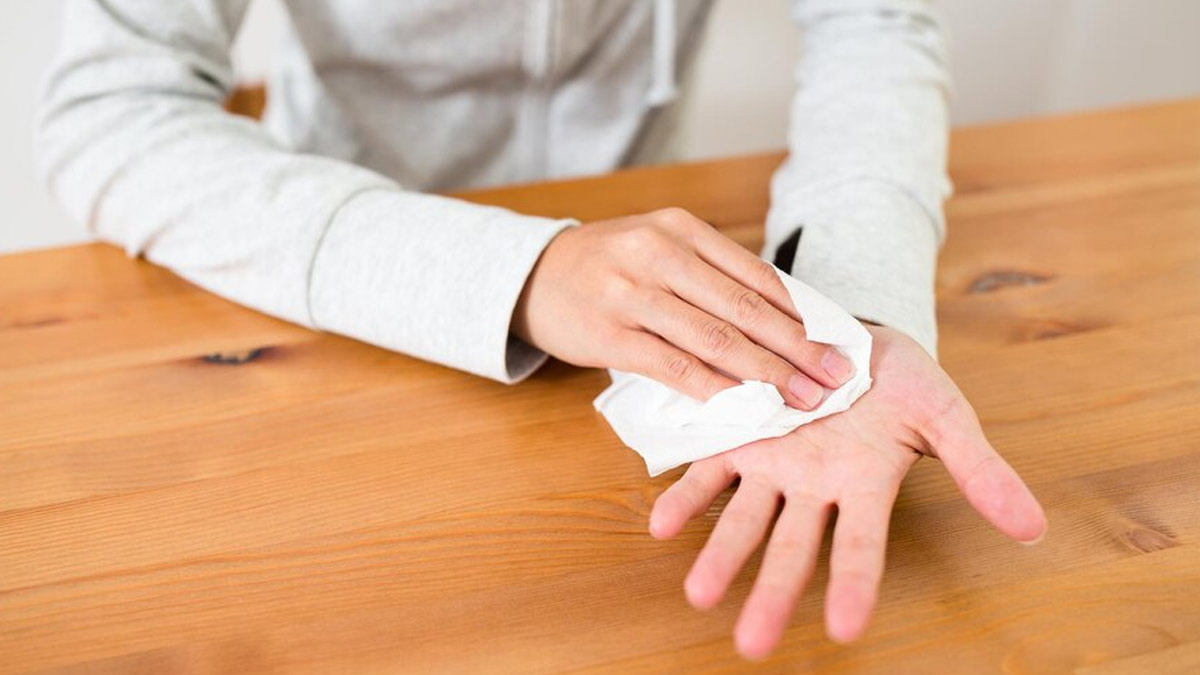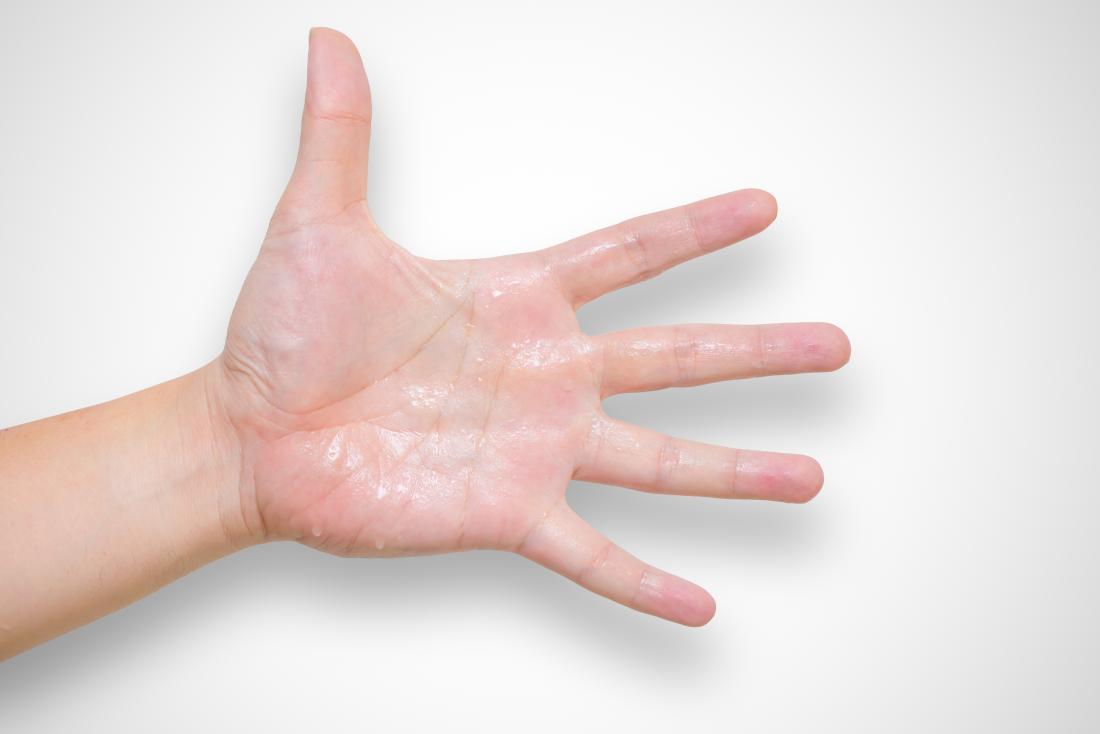Understanding the Origin of Excessive Sweating and Its Influence On Every Day Life
While it is commonly recognized as a physical reaction to regulate body temperature, the triggers for too much sweating can differ widely among people, incorporating not only physical elements but emotional and likewise emotional elements. By diving into the origin triggers of hyperhidrosis and exploring its complex impacts, a deeper understanding of this prevalent problem can be gained, losing light on the complexities that people grappling with extreme sweating navigate on a day-to-day basis.
Physiology of Sweat Glands
The guideline of sweat manufacturing, a critical physical process, is mostly controlled by the task of sweat glands distributed across the human body. Sweat glands are classified right into two primary kinds: eccrine and apocrine glands.
When the body temperature increases, either due to physical task, high temperatures, or emotional stress, the anxious system causes the sweat glands to create sweat. This sweat is made up mainly of water and electrolytes like salt and chloride. The procedure of sweat manufacturing is vital for keeping the body's inner temperature within a narrow, ideal array, highlighting the critical role sweat glands play in human physiology.
Triggers for Excessive Sweating
In recognizing the origin causes of excessive sweating, it is important to determine the triggers that can cause this physical feedback. Excessive sweating, also called hyperhidrosis, can be prompted by different elements, both environmental and physiological. One typical trigger is emotional tension or anxiousness, which can stimulate the body's sweat glands to produce more sweat than is necessary for cooling. Physical exertion, high temperatures, and spicy foods are also recognized to cause too much sweating in people vulnerable to this problem. Particular medical conditions like hyperthyroidism, menopause, or diabetes mellitus can add to extreme sweating as well.
Additionally, drugs such as some antidepressants, opioids, and specific supplements can also function as triggers for hyperhidrosis. Comprehending these triggers is essential in handling excessive sweating successfully - Treatment for hyperhydrosis of hands and feet. By determining and resolving the particular triggers that motivate extreme sweating in a specific, doctor can establish tailored treatment strategies to alleviate this condition and boost the individual's high quality of life
Medical Issue Associated
Related to extreme sweating are numerous medical conditions that can aggravate this physiological action. One usual condition is hyperhidrosis, a condition defined by extraordinarily enhanced sweating that surpasses the body's thermoregulatory demands. This can manifest in focal areas like the palms, soles, underarms, or face, influencing a person's quality of life because of social humiliation and pain.
Moreover, endocrine problems such as hyperthyroidism, diabetes mellitus, and menopausal warm flashes can additionally bring about too much sweating. Hyperthyroidism creates an overflow of thyroid hormonal agents, increasing metabolic rate and causing sweating. Diabetes mellitus can cause sweating episodes, especially during hypoglycemic episodes when blood sugar degrees go down also reduced. Menopausal warm flashes, credited to hormone changes look at these guys during menopause, can cause sudden and extreme sweating, typically gone along with by flushing and heart palpitations.
In addition, infections like hiv, consumption, and endocarditis have been related to evening sweats, a typical symptom recognized to interrupt rest and impact overall health. These medical conditions highlight the diverse array of underlying aspects that can look at this site add to too much sweating, requiring thorough analysis and administration by medical care experts.
Emotional and emotional Variables

Effect On Social Interactions
Too much sweating can have profound impacts on a person's capability to involve conveniently in social communications. The visible indications of sweat discolorations or wet spots on apparel can result in shame and self-consciousness, causing individuals to take out from social situations. This withdrawal can affect partnerships, limit social activities, and prevent expert and individual development.

In addition, the anxiety and self-confidence problems originating from too much sweating can influence communication and interpersonal skills. Individuals may have a hard time to concentrate on discussions, join team tasks, or share themselves with confidence. This can bring about sensations of seclusion and isolation, as social links come to be testing to keep.
Verdict
While it is generally recognized as a physical reaction to regulate body temperature, the triggers for too much sweating can differ commonly among people, including not only physical factors yet emotional and likewise emotional elements. By diving into the origin creates of hyperhidrosis and exploring its multifaceted results, a deeper understanding of this prevalent problem can be acquired, shedding light on the intricacies that individuals grappling with too much sweating navigate on a daily basis.
Physical physical effort, high temperatures, and spicy foods are additionally understood to trigger too much sweating in individuals vulnerable to this condition. By identifying and attending to the particular triggers that motivate extreme sweating in an individual, health care service providers can create customized therapy plans to relieve this condition and boost the individual's top quality of life.
Excessive sweating can have extensive effects on an individual's capacity to engage easily in social interactions.
Comments on “How to Stop Sweaty Hands: Specialist Dermatology Suggestions for Taking Care Of Excessive Sweating”